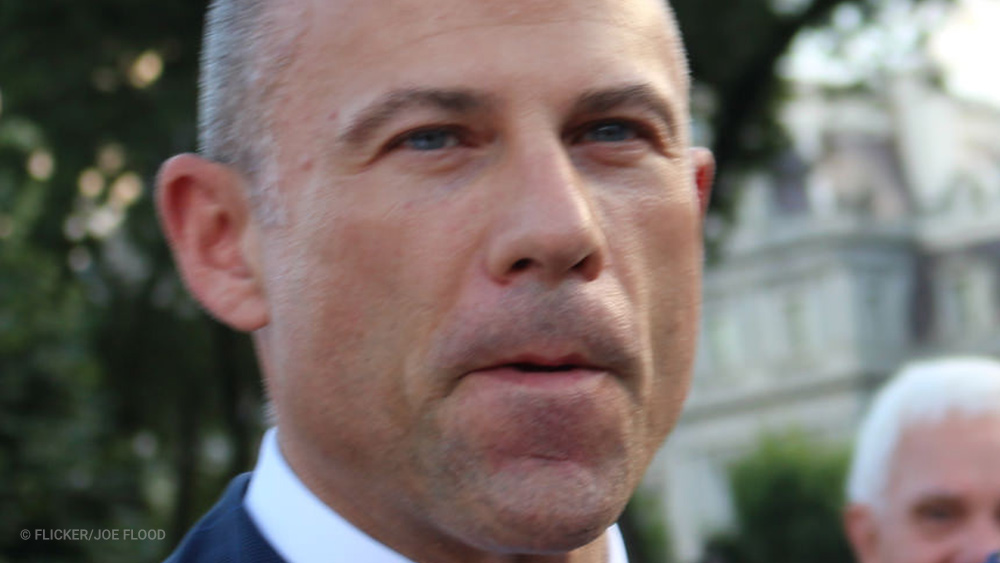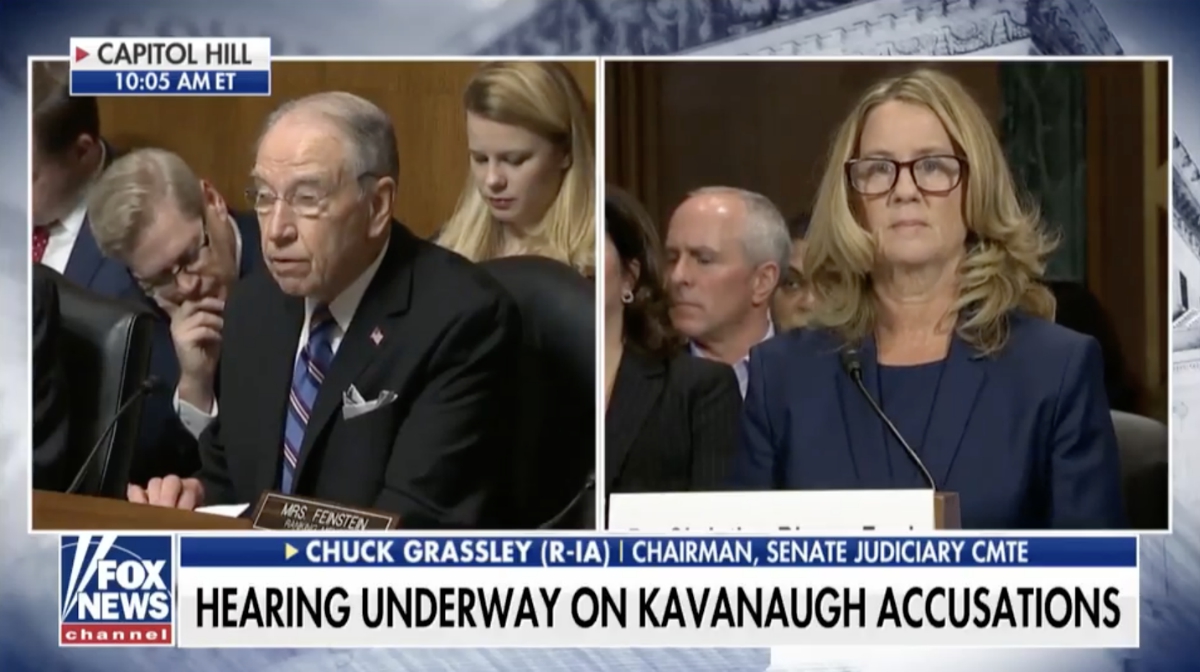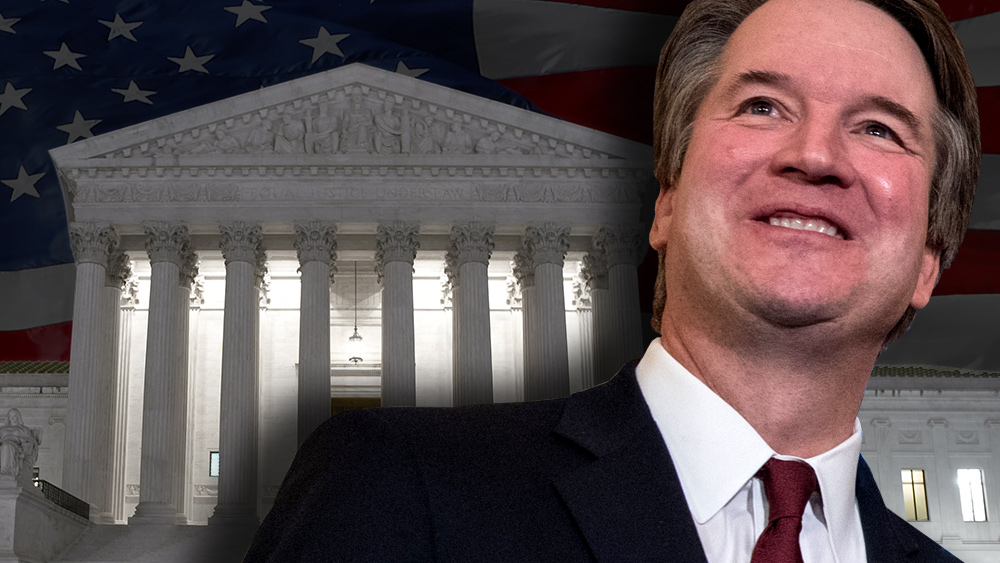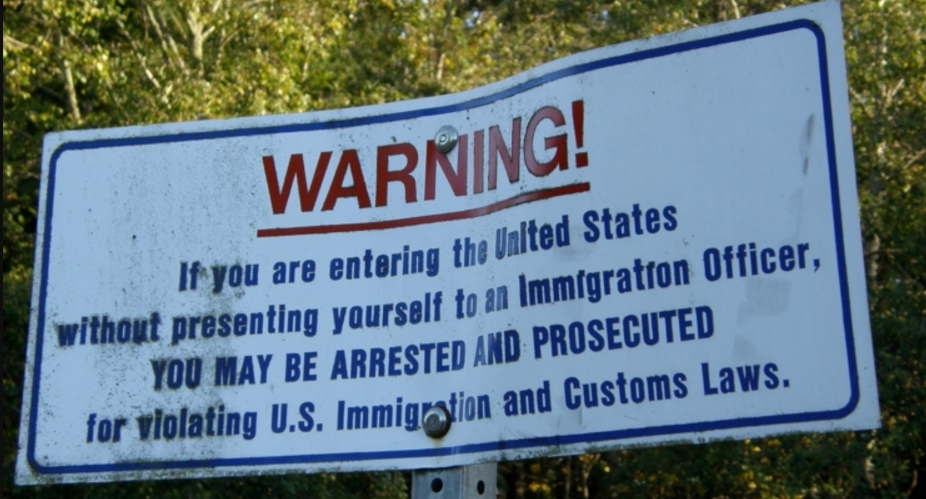Lawmaker: Google should be liable for false information found in Wikipedia text boxes presented alongside search results
07/18/2018 / By Ethan Huff

In an effort to combat “fake news,” search engine giant Google, as well as its subsidiary YouTube, is revamping its website platform to include small “truth” boxes that contain information pulled from Wikipedia – the presumption being that Wikipedia is an accurate fact-checking source. But it certainly isn’t, and at least one legislator is raising ire over it.
According to Representative Darrell Issa, a Republican from California, Google’s decision to rely on Wikipedia for truth is completely misguided, seeing as how anyone can alter the content on Wikipedia through simple consensus. In a recent statement, Rep. Issa pointed to several incidents in which Republicans and even specific Republican congressmen were slandered by Google based on information pulled from Wikipedia.
One example was Google users who performed searches for the California GOP, which turned up results about “Nazism.” In another instance, Google’s search platform pulled up the word “BIGOT” along with results for a GOP senator. And now, with its new partnership with Wikipedia, Google is presenting what amounts to propaganda rather than actual web results when users perform searches for a number of topics.
“I’m a big supporter of emerging technologies, and I will always defend that things can happen in an emerging technology that are unintended, and over time they get corrected. But when Google was a younger company, it was a blue box reference company, meaning that by definition, what you did was, when you Google search something, what I would end up with was a list of places that I could then click on and go to,” Rep. Issa recently stated.
“In the case of Wikipedia, currently, Google is using Wikipedia … scraping the information, and essentially using it almost as its own content, meaning you’re providing not a link to this site, but you’re in fact putting their information out as your information.”
Google and other tech giants shielded from legal liability under little-known law
The whole point of an internet search engine is to pull up actual results from across the web that pertain to any given topic. It’s meant to be a neutral, unbiased tool designed specifically for this purpose – not to try to sway people’s opinions on various issues, which appears to be the direction Google is going.
“Since Wikipedia is an external, fairly broad in many cases, list of people, sometimes with political biases that will deliberately distort or do bad things to a site … how are we to hold you accountable, when instead of being a search source you are in fact scraping the information?” asks Rep. Issa.
In response, Google claims that there have been times when Wikipedia was “vandalized,” resulting in skewed search results. In the case of the California GOP incident, Google reportedly “apologized” to the California Republican Party, for whatever it was worth. But Rep. Issa and others believe that Google needs to be held much more accountable than it currently is for what takes place on its platform.
At the same time, Google and many other tech corporations know that they can get away with such “errors” because they’re protected by what’s known as Section 230, which shields them from all liability whenever a hack website like Wikipedia generates information that’s false – which is quite often, by the way.
“When you absorb the content, aren’t you absorbing the responsibility? And in the case of Wikipedia, clearly you are not scrubbing the content,” says Rep. Issa. “Shouldn’t we hold you responsible at least to the level of care that newspapers – ever so poorly – are held to?”
As you may recall, we exposed Wikipedia several years back for extorting small businesses by demanding that they pay up in order to “protect” the integrity of their information on the platform.
Sources for this article include:
Tagged Under: accountability, California GOP, Darrell Issa, disinfo, disinformation, Fact-checking, Facts, fake news, Google, propaganda, search engine, search results, slander, tech failures, technocrats, truth, Wikipedia, YouTube




















